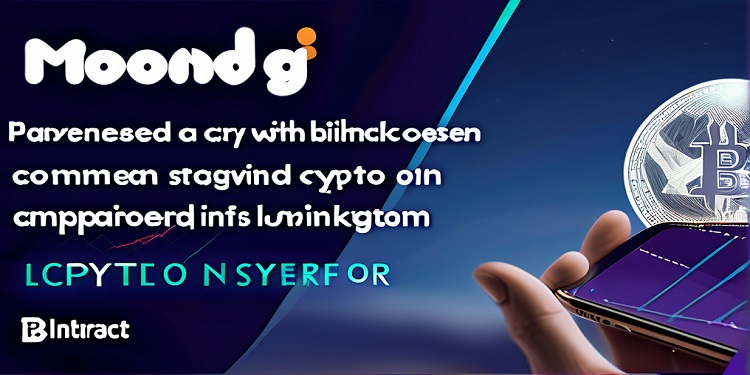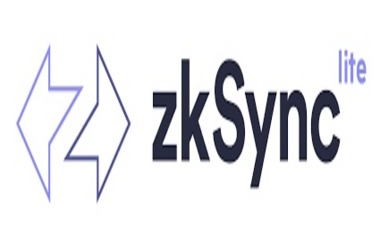 Solana, which is categorized as layer-1 blockchain, has released a novel solution with the objective of significantly decreasing the cost of on-chain storage. The state compression technology offers the potential to decrease the expenses associated with creating 1 million nonfungible tokens (NFTs) on the network to an estimated amount of $110.
Solana, which is categorized as layer-1 blockchain, has released a novel solution with the objective of significantly decreasing the cost of on-chain storage. The state compression technology offers the potential to decrease the expenses associated with creating 1 million nonfungible tokens (NFTs) on the network to an estimated amount of $110.
According to a blog post by Jon Wong, the tech lead of Solana Foundation, compressed NFTs have been launched on Solana’s mainnet-beta after undergoing several stages of development, adoption, and rollout. These NFTs are expected to facilitate innovative on-chain product experiences in the near future. As per Wong’s findings, compressed NFTs are significantly more cost-effective than their uncompressed equivalents with identical structures, with a reduction in cost ranging from 2,400 to 40,000 times.
On Twitter, the state compression solution was described by users as a significant development that can enhance the viability of Solana for enterprise use cases. They referred to it as a “game-changer.”
As per the technical lead of Solana, the employment of Merkle trees in state compression is a well-known technique. It enables the compression of the verifiability of a data tree into a hash or fingerprint of the tree’s present state. The Merkle roots are retained on the blockchain, and modifications are documented straight into the Solana ledger, resulting in decreased expenses for data retention while maintaining decentralization.
1/ Solana's low fees have made it an industry leader. But thanks to a recent innovation from teams across the ecosystem, it's about to cost even less.
Introducing state compression, a new way to store data on Solana that lowers cost significantly. https://t.co/0baMJ0vOn1
— Solana (@solana) April 6, 2023
It has the capability to store various forms of data on the blockchain. According to Wong, this data structure that is friendly to compression enables developers to store a limited quantity of data on-chain and make updates directly in the Solana ledger. This results in a significant reduction in the cost of data storage while still ensuring the security and decentralization of Solana.
According to Wong, the development represents a genuinely collaborative effort across multiple ecosystems. The solution was devised by Solana Labs and Metaplex developers and received backing from various entities including Phantom, Solflare, RPC node providers, and indexers Helius, Triton, and SimpleHash. State compression is employed by various Solana ecosystem initiatives such as Dialect, Crossmint, Helium, and Wordcel. They utilize a variety of strategies, including NFT creation, integration of business loyalty programs, and improvements to user experience.








